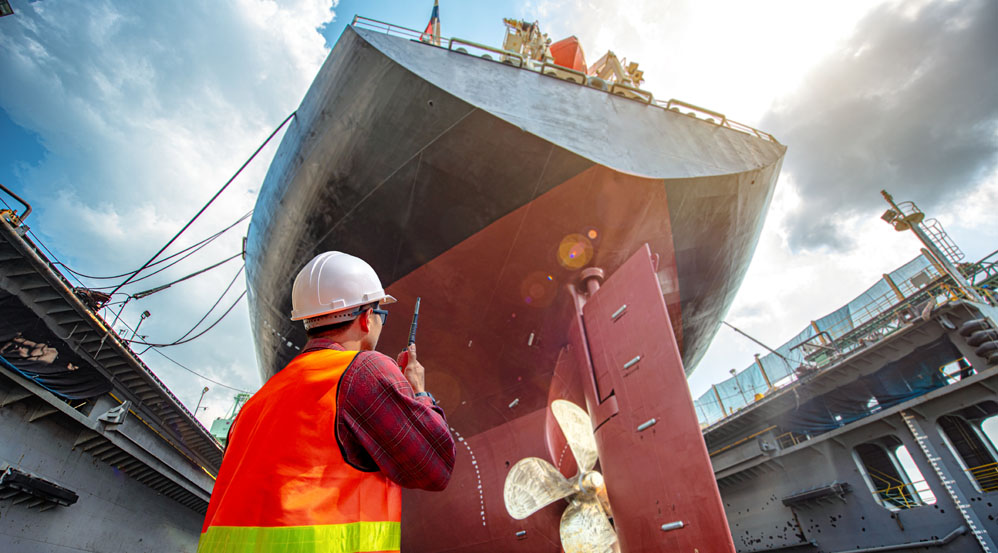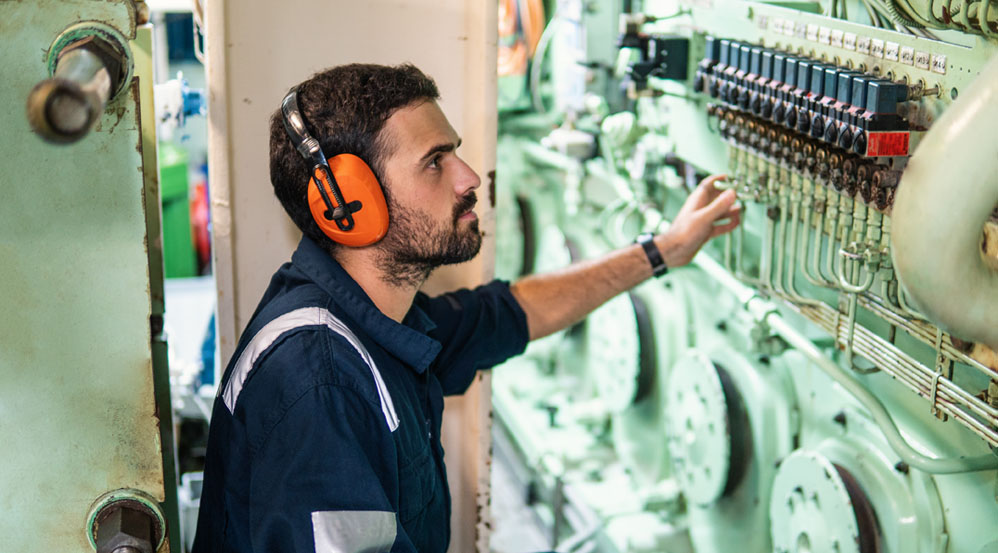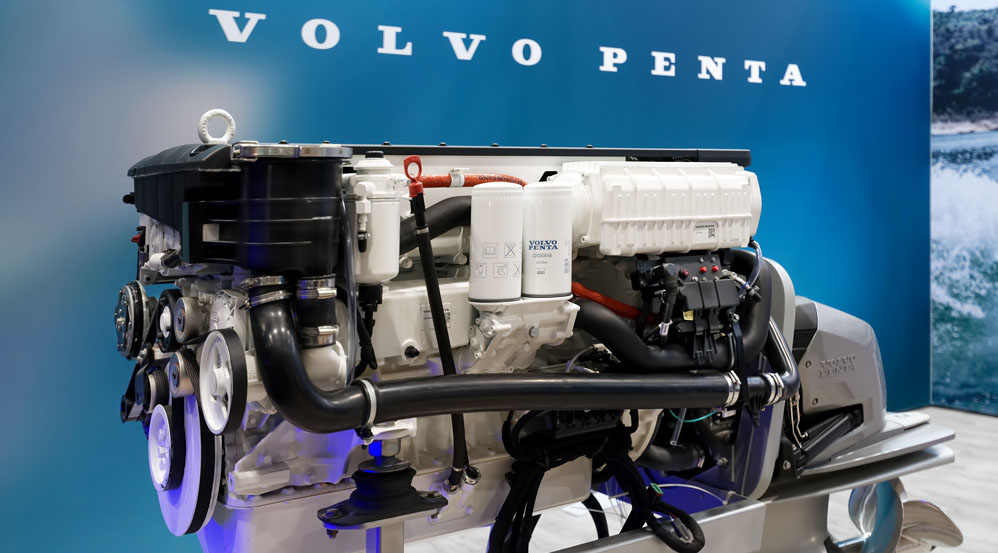- April 7, 2025
- Marine Engines
- The Future of Marine Engine Technology: Sailing Toward a Greener Horizon
The maritime industry is on the cusp of a major transformation. As global regulations tighten and environmental consciousness deepens, marine engine technology is steering into uncharted, yet promising waters. The future of marine propulsion is not just about power and performance—it’s about sustainability, efficiency, and innovation.

The Push for Decarbonization
With the International Maritime Organization (IMO) targeting a 50% reduction in greenhouse gas emissions by 2050 compared to 2008 levels, the pressure is on for shipping companies and engine manufacturers to rethink traditional fuel-heavy propulsion systems. Marine engines of the future must align with stricter emissions standards without compromising on reliability or power.
Alternative Fuels Are Setting Sail
Diesel and heavy fuel oil have long powered the world’s fleets, but the tide is turning. In their place, a new generation of alternative fuels is emerging:
LNG (Liquefied Natural Gas): A transitional fuel offering lower emissions of sulfur oxides and particulates.
Methanol and Ammonia: Zero-carbon fuels that are gaining traction due to their compatibility with existing infrastructure and low-emission profiles.
Hydrogen: A promising contender for short-distance, high-efficiency marine applications—especially when paired with fuel cell technology.
The challenge lies in scalability and infrastructure, but investment is growing rapidly.
Hybrid and Electric Propulsion Systems
Hybrid systems combining diesel engines with electric motors are already being deployed, especially in ferries and offshore vessels. All-electric propulsion, powered by advanced lithium-ion or even solid-state batteries, is being tested for smaller vessels.
In the future, expect to see:
- Battery swapping technology
- Regenerative energy systems (e.g., solar and wind-assisted charging)
- Fuel cell integration
Electric and hybrid marine engines reduce emissions and noise, making them ideal for environmentally sensitive or urban port areas.

Digitalization and Smart Engines
The engine room of tomorrow will be a high-tech hub. Thanks to IoT sensors, big data analytics, and AI, future marine engines will be smarter and more efficient than ever.
Predictive maintenance will replace scheduled checks, reducing downtime.
Real-time performance optimization will fine-tune engine output based on sea conditions, cargo weight, and more.
Remote diagnostics will allow manufacturers to assist vessels from afar, improving safety and service quality.
Modular and Compact Designs
Future engines will need to be lighter, more compact, and easier to install or upgrade. Modular designs will allow components to be replaced or upgraded without overhauling the entire engine, saving time and cost.
Retrofitting the Existing Fleet
Not every vessel can be replaced overnight, which is why retrofitting plays a key role in the green transition. Engine manufacturers are developing retrofit kits that allow existing ships to burn cleaner fuels or adopt hybrid capabilities, extending their lifespan and reducing their environmental impact.

Final Thoughts
The future of marine engine technology is not a single solution but a blend of innovative systems working in harmony. Whether it’s cleaner fuels, smarter engines, or electric propulsion, the next wave of marine tech promises to be quieter, cleaner, and far more intelligent.
One thing is clear: the future is not only about moving ships forward—it’s about moving the entire industry toward sustainability.
